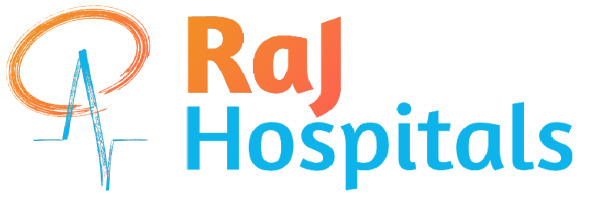The optic nerve plays a pivotal role in maintaining healthy vision. Glaucoma is a collective term for a group of eye conditions that damage this critical nerve, with high eye pressure being the primary culprit. Although anyone can develop glaucoma, it's a leading cause of blindness in people over 60. Unfortunately, many forms of glaucoma present no early warning signs, making early diagnosis difficult. As vision loss from glaucoma can't be reversed, regular eye exams are essential for early detection. If left untreated, glaucoma will eventually lead to blindness. Even with treatment, 15% of patients may lose vision in at least one eye within 20 years.
Understanding the Causes of Glaucoma
Glaucoma often arises due to increased eye pressure, which damages the optic nerve. As this damage progresses, blind spots form in the visual field. The pressure increases because of a build-up of aqueous humor, the fluid that usually drains through a mesh-like channel between the iris and cornea. If this drainage system malfunctions, fluid accumulates and eye pressure rises. Some cases of glaucoma are hereditary, and specific genes are linked to high eye pressure and optic nerve damage.
Other causes include:
Eye injuries, either chemical or blunt.
Serious eye infections.
Blocked blood vessels in the eye.
Certain inflammatory conditions.
Eye surgeries meant to correct other issues.
Recognizing the Signs and Symptoms of Glaucoma
Glaucoma symptoms vary depending on the type and stage of the condition.
Open-angle glaucoma:
Blind spots in central or peripheral vision, often affecting both eyes.
Tunnel vision in advanced cases.
Acute angle-closure glaucoma:
Severe headache.
Eye pain.
Blurred vision.
Nausea and vomiting.
Seeing halos around lights.
Red eyes.
Identifying Risk Factors for Glaucoma
Key risk factors include:
High internal eye pressure.
Age over 60.
Family history of glaucoma.
Being of Asian descent.
Diabetes, hypertension, heart disease, or sickle cell anemia.
Thin corneas.
Severe near or farsightedness.
Long-term use of corticosteroids, especially eye drops.
Bladder control or seizure medications.
Over-the-counter cold medications.
Managing and Treating Glaucoma
Treatment options include:
Eye drops and medication: Reduce fluid production or improve drainage to lower eye pressure.
Laser treatment: Often used alongside eye drops, this therapy enhances fluid drainage.
Surgery: Offers more immediate pressure control and can slow vision loss.
Prognosis for Glaucoma Patients
When caught early, most glaucoma patients can avoid blindness. Although it's a progressive condition, regular eye exams can help preserve vision. Timely diagnosis greatly improves the chances of preventing severe vision impairment. Strictly following the prescribed treatment regimen is crucial.
At Raj Hospitals, our ophthalmology department in Ranchi offers comprehensive diagnostic and treatment services for glaucoma under the guidance of our experienced specialists.


